Gut Microbiome and Equine Colic
This comprehensive review underscores how complex the relationship is between the gut microbiome and colic in horses. Multiple elements influence how the gut microbiome presents itself in individual horses, with notable differences occurring even among healthy horses. Research has shown that both dietary factors and environmental conditions play key roles, along with exposure to medications - particularly antibiotics. Colic episodes frequently coincide with changes in feeding patterns, water intake, or medication regimens, which are all known to impact the microbiome.
While studies examining the microbiome in horses with colic reveal intricate patterns, scientists generally concur on several key findings: there's a reduction in bacterial diversity, increased levels of Spirochaetes and Proteobacteria, and decreased amounts of Prevotella and bacteria that produce butyrate (the primary energy source for cells lining the gut).
These findings suggest the possibility of either preventing colic or reducing its severity by altering the gut microbiome composition. Supporting this concept, a preliminary small-scale study using ERME as a feed supplement demonstrated promising results: supplemented horses showed reduced Spirochaete levels while maintaining higher populations of Ruminococcaceae and Prevotella, along with elevated intestinal butyrate levels. These changes align with conditions that might reduce colic risk, suggesting that dietary supplements targeting microbiome modification could potentially serve as both preventive and therapeutic approaches for equine colic.


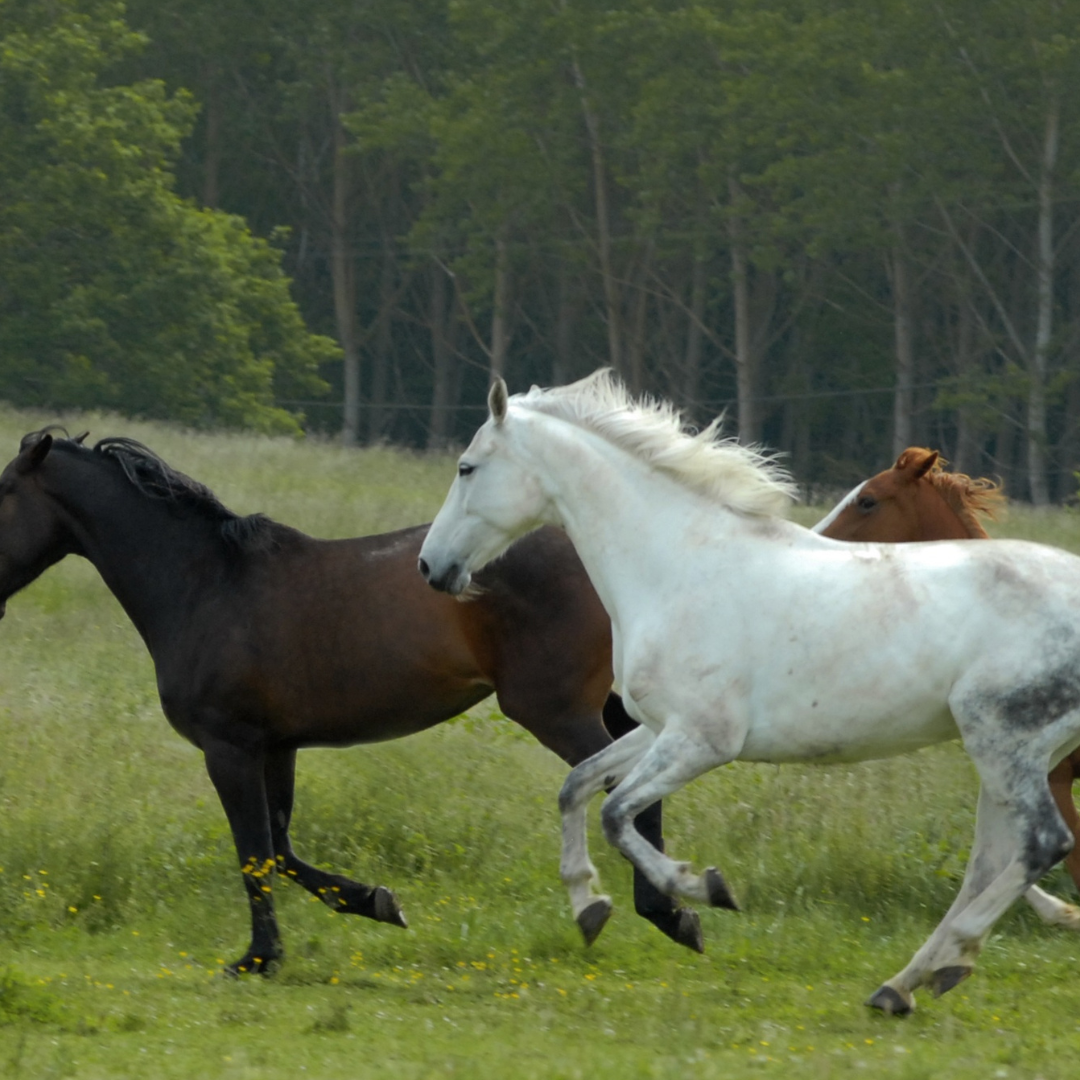
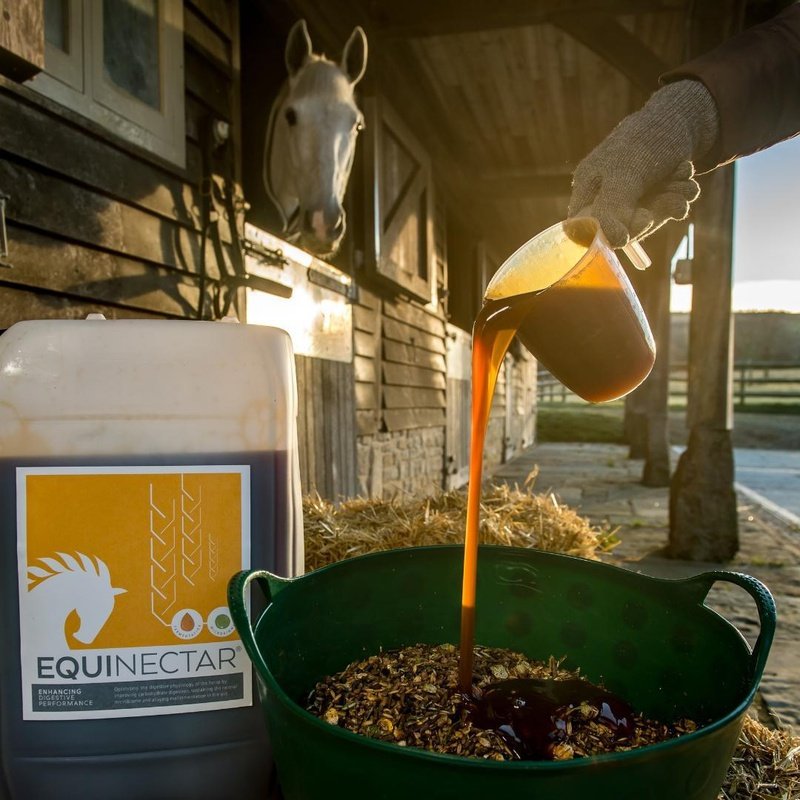
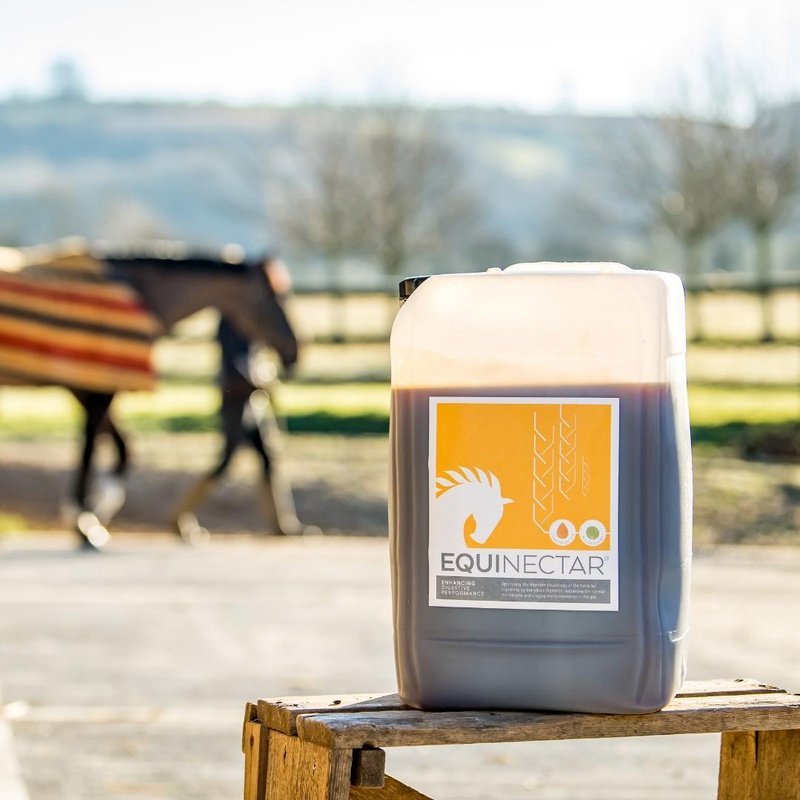
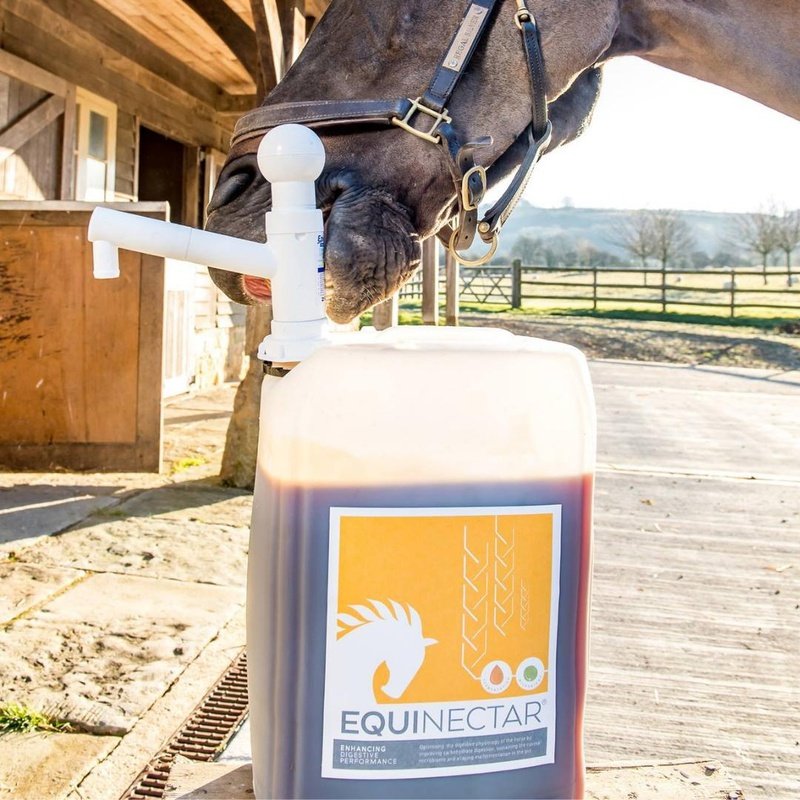
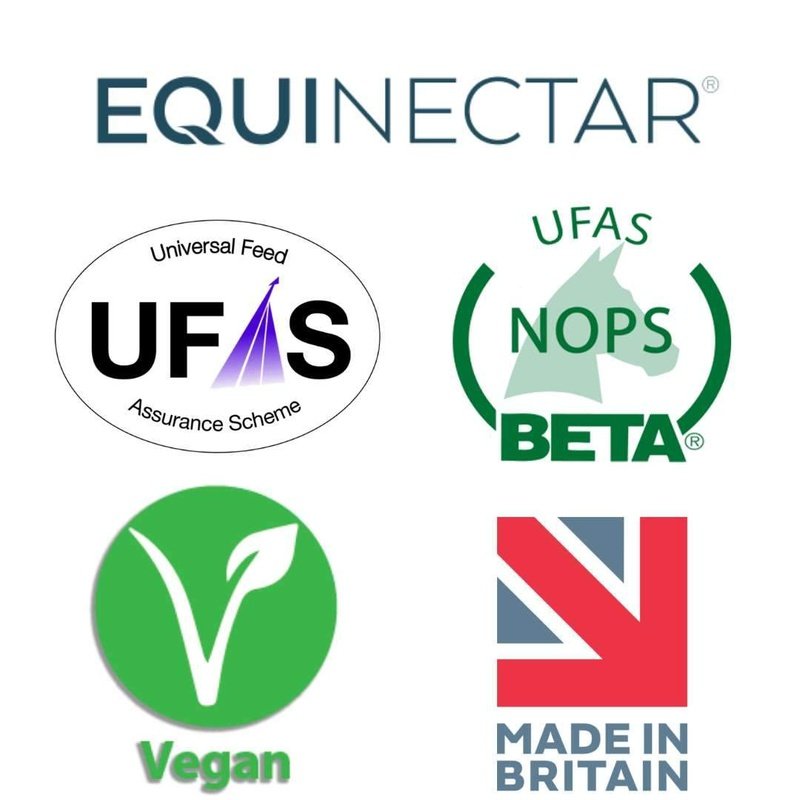
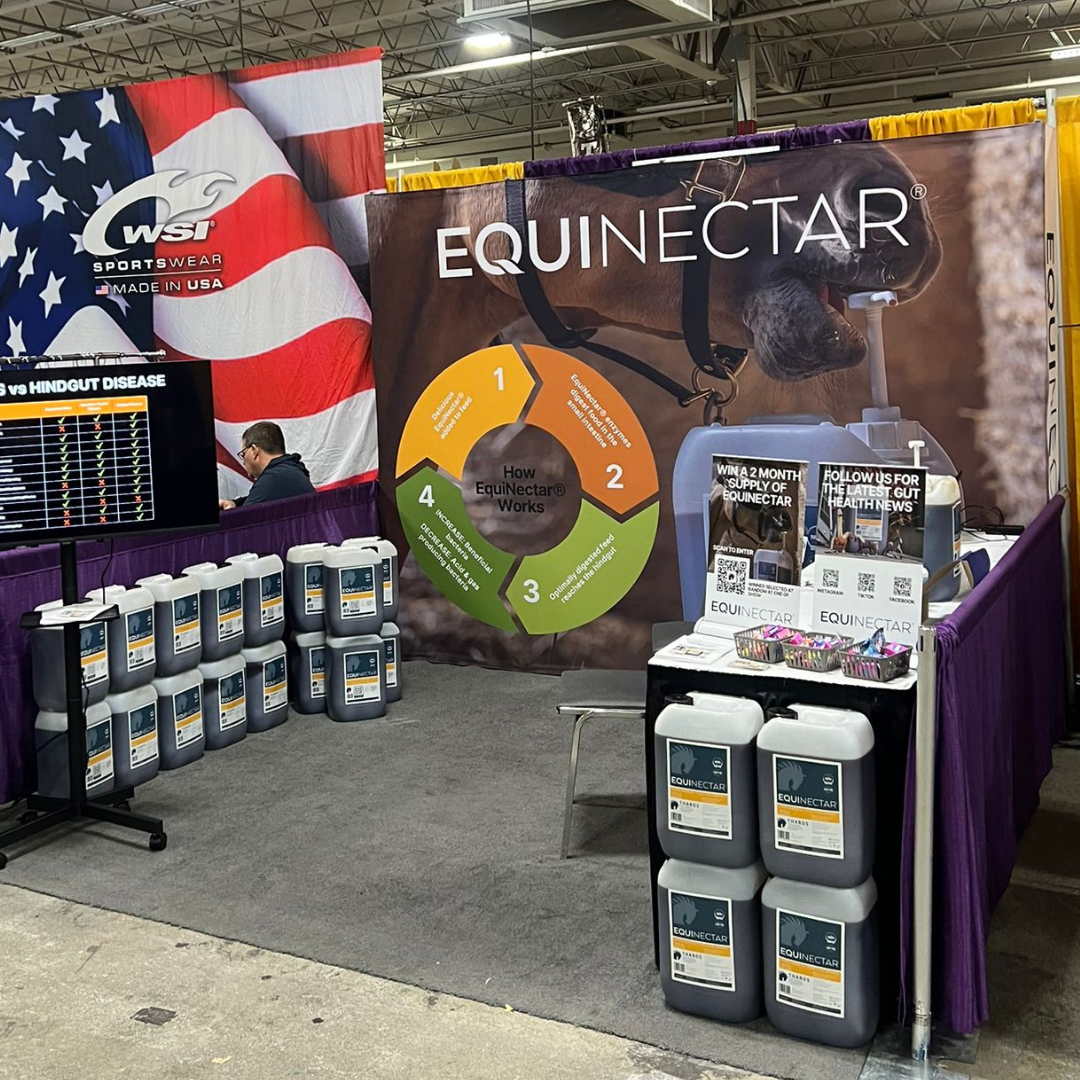

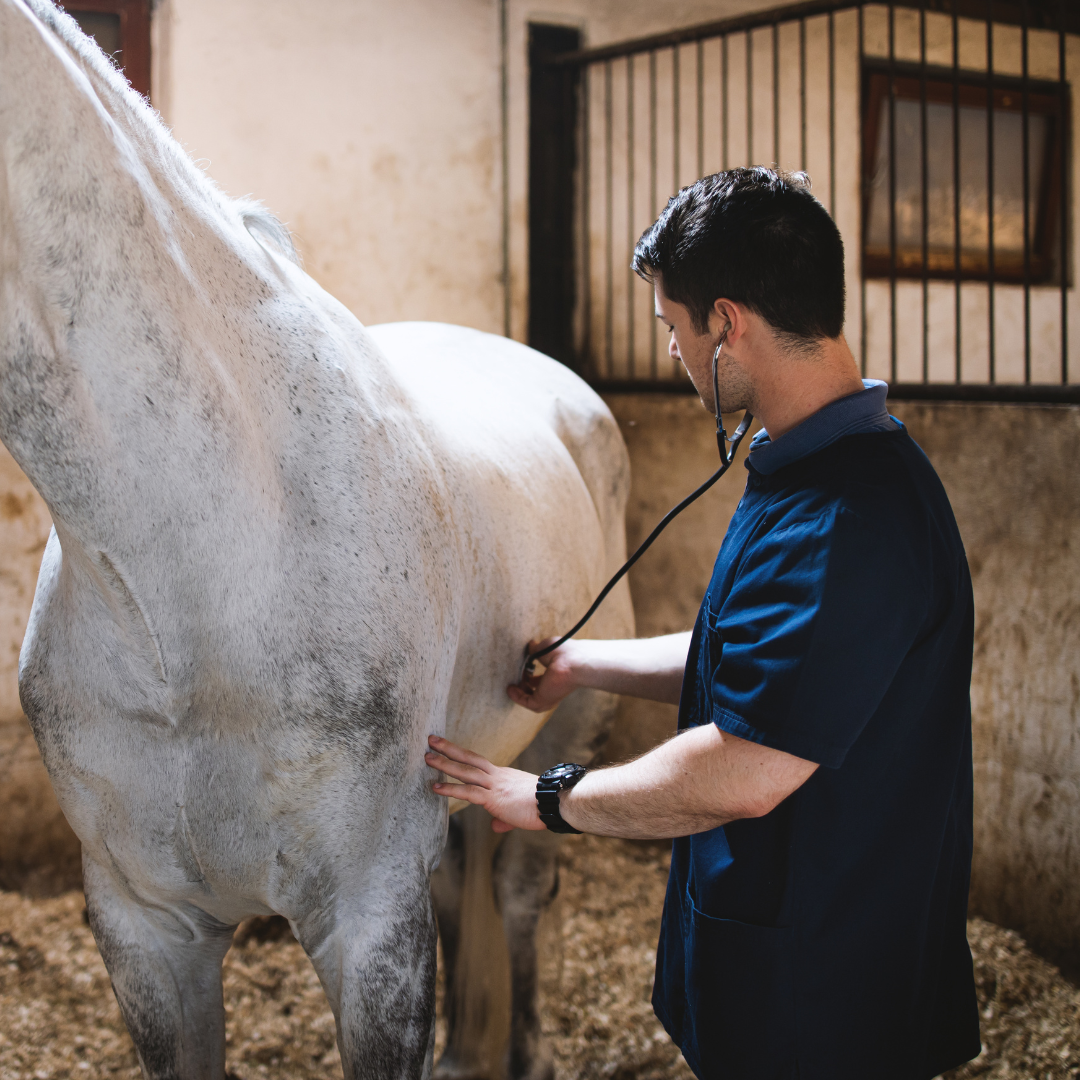
Share: